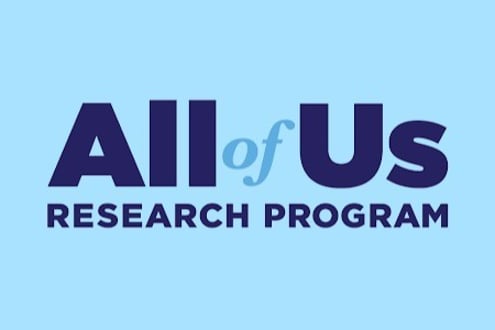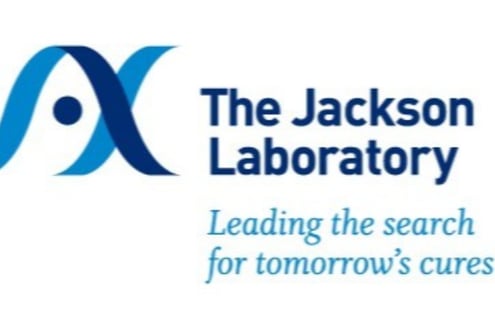Types of Hereditary Cancers
Cancers May Be Caused by Inherited Mutations
Cancers caused by an are called hereditary cancers. The remaining cancers - those not caused by an - are called sporadic cancers. Most cancers are sporadic, but overall, about 10-20% of all cancers are believed to be caused by an .
Some cancer types and associated inherited mutations are listed in the table below; note that this is not a complete list.
|
Cancer Type |
Genes Associated with This Cancer |
|
Breast (in women and people assigned female at birth) |
|
|
Breast (in men and people assigned male at birth) |
|
|
, , , , MUTYH*, , , , **, ** |
|
|
Stomach |
|
|
ACD, BAP1 (melanoma and ), *, , , , MC1R, MBD4 (), MITF, * (uveal), POT1, , RB1, TERF2IP, TERT, , XP genes |
|
|
Thyroid |
|
|
*More research is needed to learn the risk for people with mutations in this gene. |
|
More Information on Genes and Cancer
Inherited Mutations and Hereditary Cancers
Learn about the connection between inherited gene mutations and hereditary cancer risk.
How Mutations are Inherited
Learn about how inherited cancer risk are passed on from generation to generation.
Signs of an Inherited Mutation
These signs may indicate that the cancer in your family is hereditary.
Participate in Genetics Research
Below are some of our featured research studies looking at genetic testing. To search for additional studies, visit our Search and Enroll Tool.


